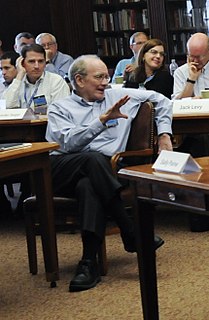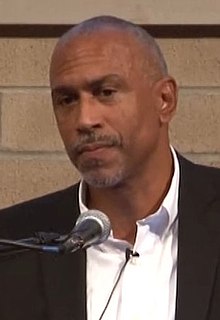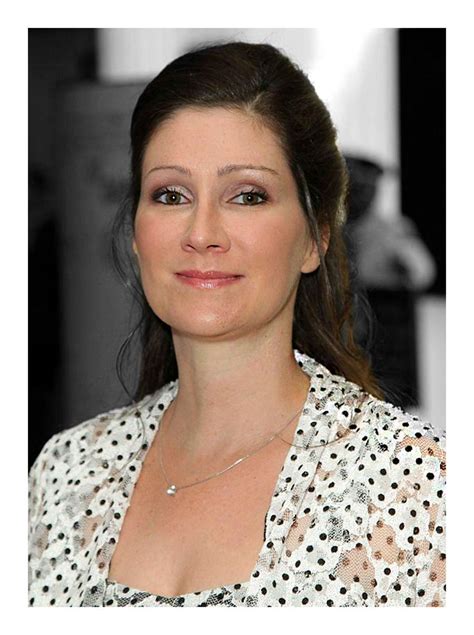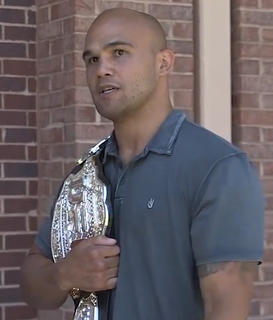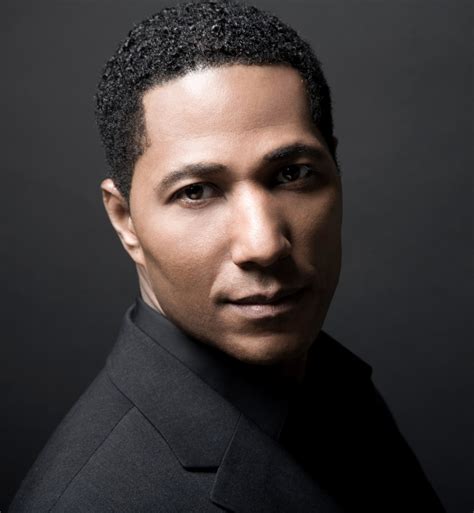A Quote by John Lewis Gaddis
I expressed skepticism, in the first chapter, about the utility of time machines in historical research. I especially advised against graduate students relying on them, because of the limited perspective you tend to get from being plunked down in some particular part of the past, and the danger of not getting back in time for your orals.
Quote Topics
About
Advised
Against
Back
Back In Time
Because
Being
Chapter
Danger
Down
Expressed
First
Get
Getting
Graduate
Graduate Students
Historical
Historical Research
Limited
Limited Perspective
Machines
Part
Particular
Past
Perspective
Relying
Research
Skepticism
Some
Students
Tend
Them
Time
Time Machine
Utility
Your
Related Quotes
Some of the stories I admire seem to zero in on one particular time and place. There isn't a rule about this. But there's a tidy sense about many stories I read. In my own work, I tend to cover a lot of time and to jump back and forward in time, and sometimes the way I do this is not very straightforward.
We know that African American students tend to be relational learners. It's about the relationships between a teacher and student. Students respond well to teachers they know, believe in them, care about them, but also who teach in a matter that elicits a more active approach to learning, rather than just sitting and listening. The research on this is strong and has been available for a long time, but it is not widely practiced. That's a huge obstacle.
Do you want to improve the world? I don't think it can be done. The world is sacred. It can't be improved. If you tamper with it, you'll ruin it. If you treat it like an object, you'll lose it. There is a time for being ahead, a time for being behind; a time for being in motion, a time for being at rest; a time for being vigorous, a time for being exhausted; a time for being safe, a time for being in danger. The Master sees things as they are, without trying to control them. She lets them go their own way, and resides at the center of the circle.
Every opera, because every opera is a unique slice of a particular perspective, historical perspective and psychological perspective if not musical style, and so forth, they all present different challenges. Some can be musically very challenging, some can be psychologically more challenging. There is always something that requires a pretty specific amount of energy and attention.
Time moves only forward, never back. We look forward to a moment and then it arrives and an instant later it is gone. Like something on the surface of a river that we reached for but did not touch in time and it carried on, away. You cannot be a prisoner of your past against your will. Because you can only live in the past inside your mind.
Intellectually, perspective [drawing] is a breakthrough, because here, for the first time, the physical space we live in is being depicted as ifit were an abstract, mathematical space. A less obvious innovation due to perspective is that here, for the first time, people are actually drawing pictures of infinities.
Students who acquire large debts putting themselves through school are unlikely to think about changing society. When you trap people in a system of debt, they can't afford the time to think. Tuition fee increases are a disciplinary technique, and by the time students graduate, they are not only loaded with debt, but have also internalized the disciplinarian culture. This makes them efficient components of the consumer economy.
